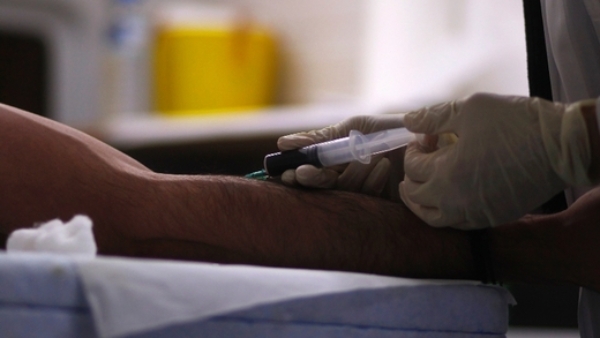Overview
The legislature and judiciary in Manitoba have not developed the legal position on HIV criminalisation beyond the federal standard. As such, the law reflects the position outlined in R. v Mabior.
Research by the HIV Legal Network identified 13 cases of HIV non-disclosure in Manitoba to the end of 2020, including the seminal case of R. v Mabior which was initially tried in the province before being heard by the Supreme Court. All of the case reports we are aware of involve male defendants with the exception of a case first reported in 2014, which involved a woman being convicted for allegedly having unprotected sex multiple times without disclosing her HIV status. In at least one case the person convicted was subject to deportation following conviction due to their immigration status.
Together with the non-disclosure cases, we are aware of at least one additional case involving a conviction for alleged spitting by someone living with HIV. In this case, a man reportedly spat bloody saliva onto the face of a police officer during an arrest. The man was initially found not guilty of the aggravated, HIV-related, offence by the trial court in 2012 – while guilty of simple assault – however the Court of Appeal overturned this initial ruling on the basis that it failed to properly consider key medical evidence. The aggravated offence required the ‘endangering of life’, and while medical evidence suggested the risk of transmission was ‘low’, and indeed transmission did not occur, the Court of Appeal deemed the risk significant enough to warrant the higher charge. The man was sentenced to six and a half years’ imprisonment in 2014.
For more information on the current state of the law and prosecutorial guidelines in Canada, visit the HIV Legal Network’s HIV criminalisation microsite.
Laws
Acknowledgements
One of the world’s leading organisations tackling the legal and human rights issues related to HIV, and advocating at both the policy and community levels.




